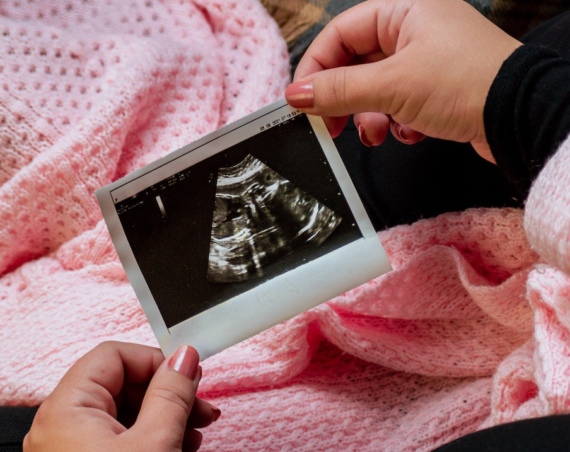
Earlier today Mirvie announced it is making rapid progress toward developing a simple, personalized blood test with the potential for early detection of pregnancy complications, such as preterm birth, preeclampsia and gestational diabetes, which affect 1 in 5 women. Currently, there is no reliable way to identify if a mother is at risk for these significant pregnancy complications.
Pregnancy complications, such as preterm birth, preeclampsia, and gestational diabetes, affect 45 million women globally each year — triple the rate of cancer incidence. Yet, little is known about the underlying molecular basis of these complications and today there is no reliable way to identify if a mother is at risk and to take early action.
Mirvie’s mission is to redefine pregnancy health with the first early detection RNA test to address this critical unmet need. Mirvie offers a personalized window into pregnancy by using state-of-the-art machine learning and liquid biopsy technology to analyze tens of thousands of molecular messages from the mother, baby and placenta – all from a simple blood sample.
Though progress has been made on prenatal DNA testing, disorders like Down syndrome affect fewer than 1% of pregnancies. Women remain largely underserved with regard to the frequent obstetric complications — such as preterm birth, preeclampsia or gestational diabetes — that often develop unexpectedly during a pregnancy. Such unexpected events are the leading cause of maternal and neonatal morbidity and mortality worldwide and account for over $50B in healthcare costs in the US and EU alone, not to mention the lifetime health consequences for mother or child that often result from such events. Yet today there is no effective way to identify individuals at risk early enough in their pregnancy to allow preventative treatment.
Mirvie’s proprietary technology uses a single blood sample from the mother to provide a personalized window into her pregnancy. The risk of developing complications is assessed by state-of-the-art machine learning analysis of tens of thousands of molecular transcripts from the mother, baby and placenta. The technology was invented at Stanford University through Stephen Quake’s groundbreaking work on pregnancy-related cell-free RNA (cfRNA). The idea for Mirvie was sparked when Quake experienced the premature birth of his own daughter and became determined to find a way to reduce the likelihood of pregnancy complications. An international collaboration led by Quake demonstrated that cfRNA could predict preterm birth. Mirvie scientific founder Quake is also well known for his earlier invention of the non-invasive prenatal test used by millions of expectant families today.
Mirvie was founded in 2018 by a team of scientific and business pioneers that have an extensive track record innovating, developing and commercializing non-invasive and liquid biopsy tests used by millions of individuals today. Mirvie has raised over $30M in early-stage financing from investors, including Khosla Ventures and Mayfield Fund.



